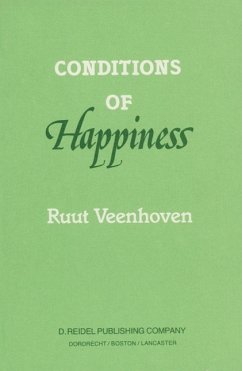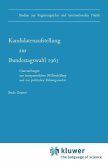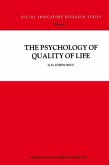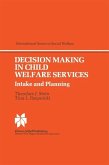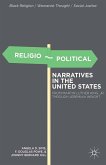This book is about the degree to which people take pleasure in life: in short 'happiness'. It tries to identify conditions that favor a positive appreciation of life. Thus it hopes to shed more light on a longstanding and intriguing ques tion and, possibly, to guide attempts to improve the human lot. During the preceding decades a growing number of investigations have dealt with this issue. As a result there is now a sizable body of data. Yet it is quite difficult to make sense of it. There is a muddle of theories, concepts and indicators, and many of the findings seem to be contradictory. This book attempts to bring some order into the field. The study draws on an inventory of empirical investigations which involved valid indicators of happiness; 245 studies are involved, which together yield some 4000 observations: for the main part correlational ones. These results are presented in full detail in the simultaneously published 'Databook of Happiness' (Veenhoven 1984). The present volume distils conclusions from that wealth of data. It tries to assess the reality value of the findings and the degree to which correlations reflect the conditions of happiness rather than the consequences of it. It then attempts to place the scattered findings in context. As such, this work is not a typical study of literature on happiness.
Dieser Download kann aus rechtlichen Gründen nur mit Rechnungsadresse in A, B, BG, CY, CZ, D, DK, EW, E, FIN, F, GR, HR, H, IRL, I, LT, L, LR, M, NL, PL, P, R, S, SLO, SK ausgeliefert werden.

